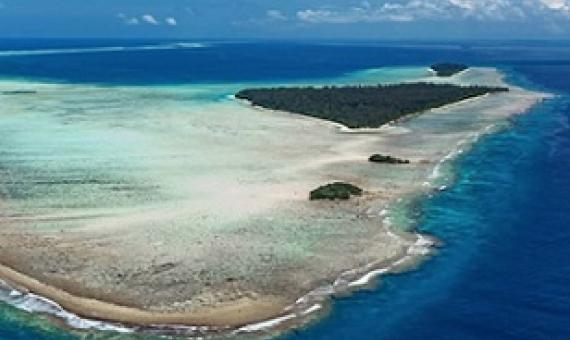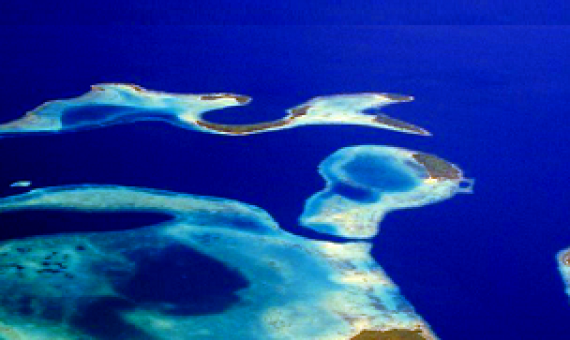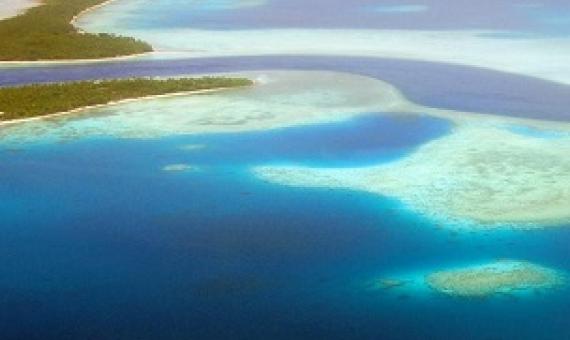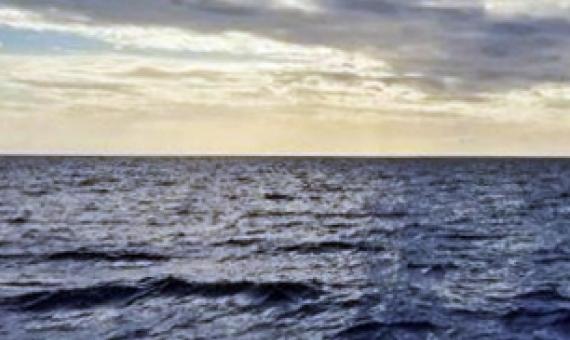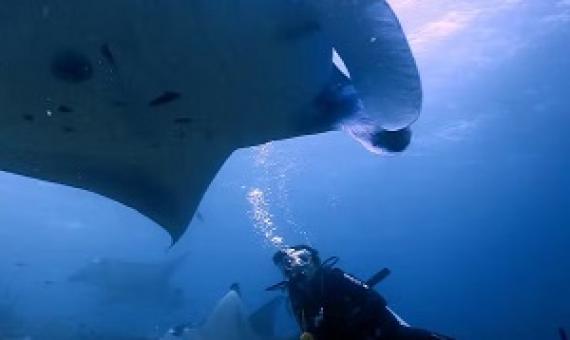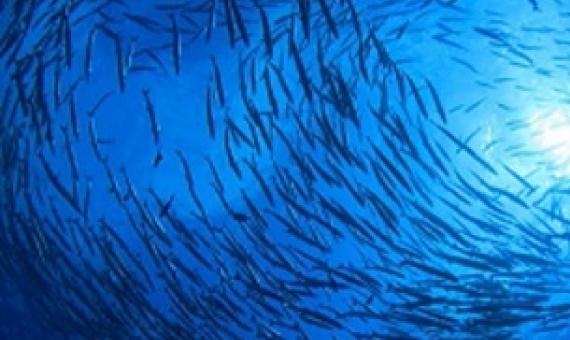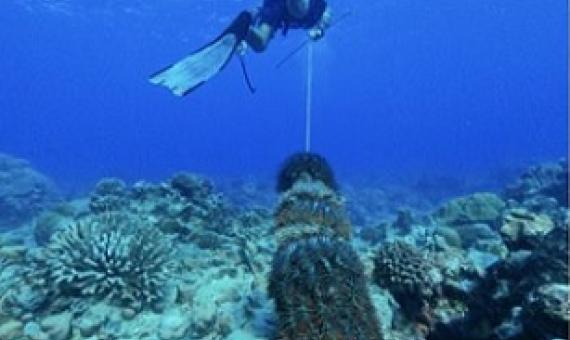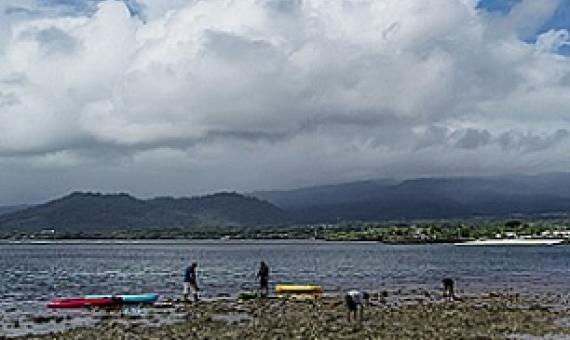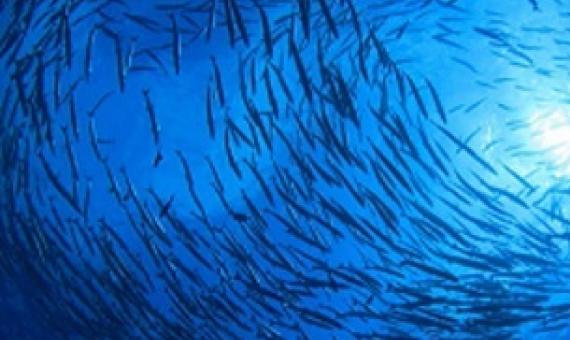The owner of 21 tropical islands off the coast of Papua New Guinea says he never threatened to sell them to China and his main aim is to save the turtles that nest there...The largely uninhabited atolls are a nesting ground for critically endangered hawksbill and green turtles, whose br
A research expedition made up of local and international marine researchers have begun a major study of coastal marine habitats across Samoa's waters. The principal investigators of the project are Schannel Van Dijken, Marine Programs Director at Conservation International and Andrew Estep,
From UN headquarters in New York, what did IUCN see from the UN's 5th session of the Intergovernmental Conference on conservation and sustainable use of marine biological diversity beyond areas of national jurisdiction (also known as the High Seas Treaty)? The negotiations got very close to
UN member states ended two weeks of negotiations Friday without a treaty to protect biodiversity in the high seas, an agreement that would have addressed growing environmental and economic challenges.
Subject to overfishing, marine megafauna – such as sharks, rays, and turtles – are among the world’s most threatened species groups. Somewhat paradoxically, these species also have widespread appeal.
A new study led by ProtectedSeas – an organization aiming to provide open data and monitoring solutions to enhance awareness of and compliance with ocean protection efforts – has found that boaters often cluster along the edges of marine protected areas (MPAs) off the coast of
The island of Rarotonga in the Cook Islands is experiencing an outbreak of crown-of-thorns-starfish (taramea, Acanthaster planci), which could jeopardize the survival of its surrounding coral reef.
Staff of local non-profit organisation Artificial Reefs kicked started their training on Wednesday as they look at expanding their activities into eco-tourism kayaking and tours. As part of the package, the eco-tourism and kayaking tours will include coral restoration. Ferron
Billions of people around the world rely on the ocean for food, income and cultural identity. But climate change, overfishing and habitat destruction are unraveling ocean ecosystems.
Climate benefits from establishing marine protected areas targeted at blue carbon solutions
Marine protected areas (MPAs) are recognized as highly effective tools for marine conservation. They may also play an important role in mitigating climate change. A variety of climate change solutions are rooted in the ocean, centered primarily around “blue carbon” and the capacity of marine life to sequester carbon dioxide (CO2) with some potential to reduce emissions. However, the global potential of these solutions remains misunderstood and untapped.

